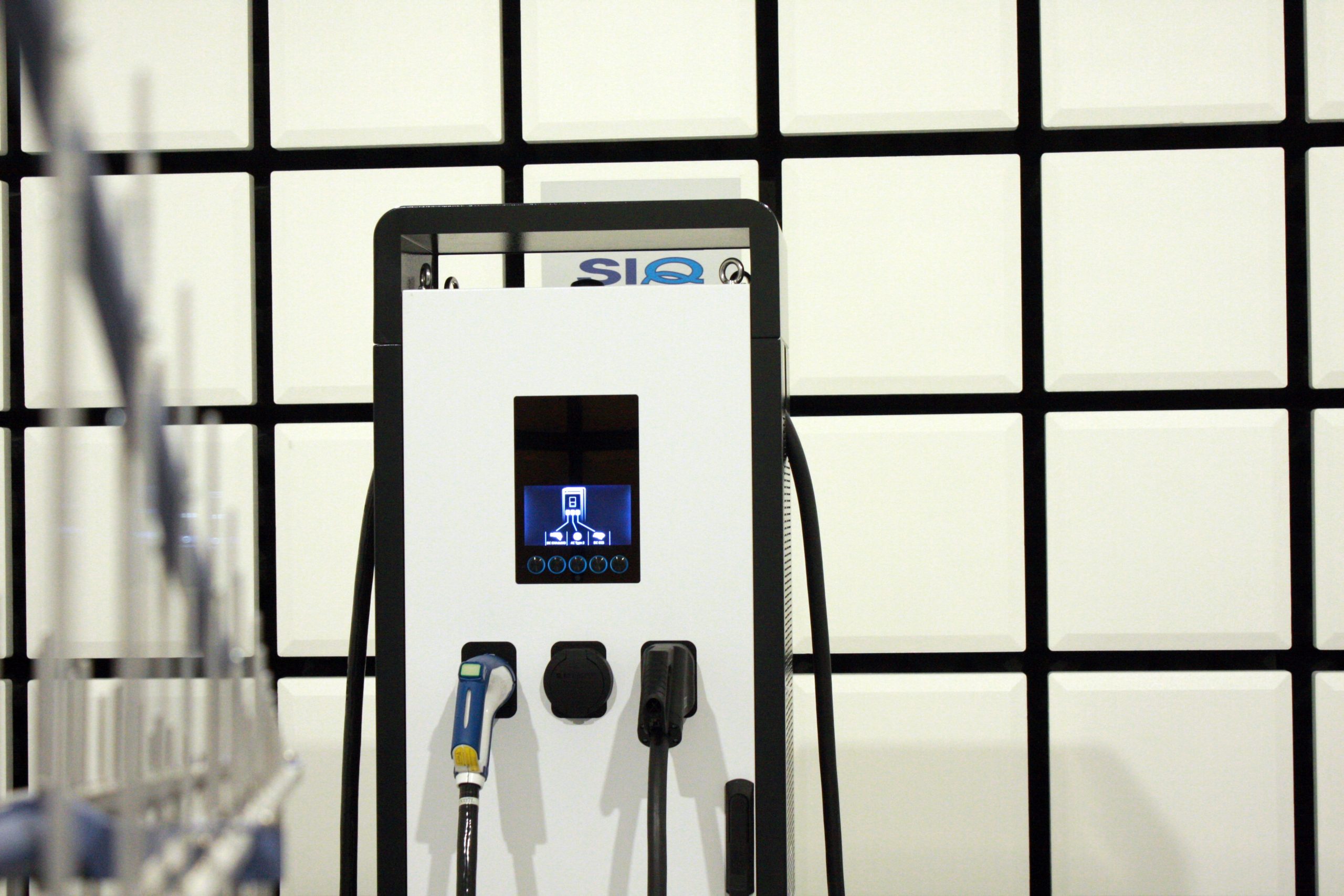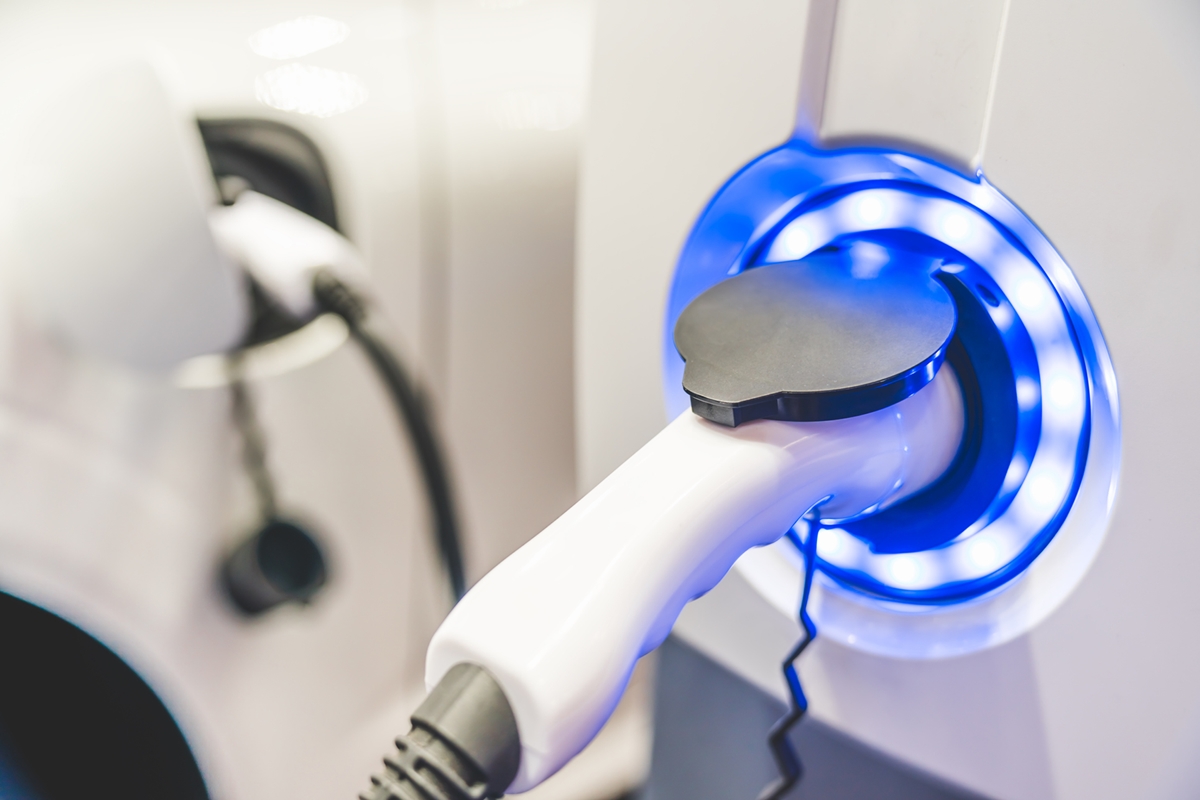SIQ offers full support in testing and certification
There are two types of charging for electric vehicles: AC charging and DC charging. AC charging at home or work is limited to the domestic connectors with a maximum of 16 to 25 A per phase, which represents an approximate 3.6 to 5.8 kW/phase under ideal conditions. The first produced models had a rated power of 3.6 kW, while today the most common AC charging stations have a rated power from 7.2 kW up to 22 kW, which is the upper limit. DC charging stations typically have a rated power between 50 and 180 kW and provide charging via the two most common systems: CCS (Combined Charging System) and CHAdeMO (Japanese standard).

One-stop solution
- Electrical safety testing according to IEC 61851-1: 2017 / EN 61851-1: 2019 standards
- Determination of electromagnetic compatibility according to IEC 61851-21-2: 2018 and EN IEC 61851-21-2:2021
- Environmental testing (IP testing, vibrations, salt mist)
- Mechanical testing according to IEC 61439-7
- Radio testing to cover requirements for:
- EU: EN 300 328 V2.2.2 (2.4 GHz WiFi, BT), EN 301 893 V2.1.1. (5 GHz WiFi), EN 300 330 V2.1.1 (RFID)
- FCC: CFR 47 Part 15 Subpart C, CFR 47 Part 15 Subpart E
- IC: RSS Gen, RSS 210, RSS 247
- Pre-compliance testing: critical tests take approximately 2 weeks. Safety and EMC pre-evaluation is highly recommended before the start of the final certification.
- International certification procedures
- On-site testing

Get in touch
Do you need help to determine the scope of testing, expert advice, or help to prepare a testing plan?
News
Expanded EMC Testing Capabilities for Military and Aerospace Applications
Our EMC Laboratory has recently enhanced its testing capabilities with the addition of a specialised horn antenna designed for radiated emission measurements in accordance with MIL-STD-461 – a key standard for military and aerospace electromagneti...
Find out moreContributing to the Future of Household Appliance Testing: Participation in the 39th OSM-HA Meeting
In May 2025, we proudly took part in the 39th OSM-HA (Operational Staff Meeting for Household Appliances), held in Istanbul. This key technical forum, organised under the ETICS (European Testing Inspection Certification System) framework, brought ...
Find out more